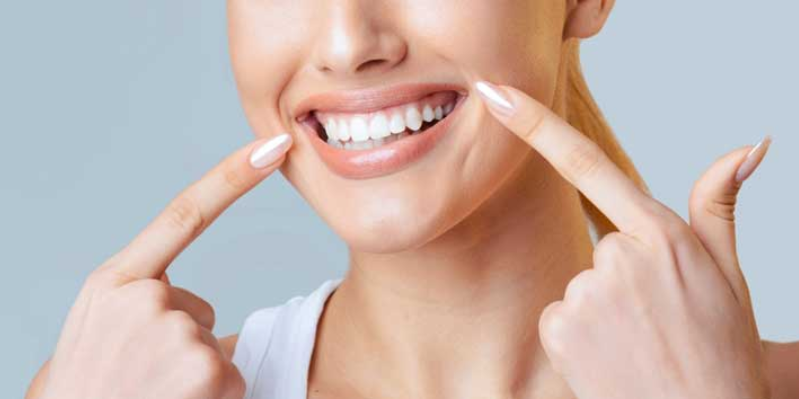
That might sound far-fetched, right? But it’s not just Ayurveda—modern research also supports this connection. Several studies have shown that oral diseases can increase the risk of dementia, including up to a 2.4-fold increased risk of Alzheimer’s disease. Genetic analyses also support a potential causal link between poor oral health and changes in neuroimaging markers—many of which are known risk factors for stroke and dementia. Studies have found that bacteria and inflammatory molecules from the infected gums, teeth, travel to the brain via the blood and trigger a cascade of events contributing to dementia and increasing amyloid protein levels in the brain.
Good oral health has been associated with better performance in learning, memory, complex attention, and executive function.
Let’s break it down. Oral health is far more than just brushing your teeth. Ayurveda has an elaborate system for maintaining oral health that includes:
The oral cavity is not just a passive space—it contains specialized epithelial cells, nerve endings, receptors, and blood vessels, all working together to help us perceive taste, speak clearly, and process sensory input. When these pathways are inflamed, blocked, or degenerated, we don’t just lose taste or speech clarity—we may also impact memory and cognition.
Close your eyes and picture your favorite food in front of you—your mouth instantly starts to water. The moment you taste it, your senses awaken, triggering the release of neurotransmitters like dopamine and serotonin, fueled by the memories and emotions tied to that dish.
That’s not just psychological—it’s neurochemical.
We’ve all experienced the nostalgia, calm, happiness, or even sadness and discomfort certain foods can evoke. This happens because your taste buds are connected to your brain. Signals travel from the mouth to the brain, triggering memory centers and releasing mood-related neurotransmitters.
Now, if this communication is disrupted—because of inflammation, toxins, or nerve damage anywhere along the pathway (from gums to cranial nerves to brain centers)—the right neurotransmitters may not be released.
This is where Ayurvedic herbs and oils play a powerful role. The mucosal lining of the mouth is rich in nerves and blood vessels, which makes it an excellent medium for herbs via oil or ghee, to be absorbed and potentially cross the blood-brain barrier.
These practices do more than clean the mouth. They:
Rule of thumb: Use herbal decoctions first to reduce inflammation or swelling, then follow with herbal oils for deeper nourishment.
Caution: Some people with high inflammation may initially experience tooth sensitivity with oil pulling—adjust accordingly.
Oils that can be used are sesame, or coconut oil for Pitta predominant individuals. And then there Ayurvedic herbal oils which can be recommended by an Ayurvedic practitioner. As for herbal decoction, the safest can be made with triphala herb.
It takes just 2–3 minutes after brushing your teeth to do either therapy.
And let’s not forget the teeth themselves. Modern dental care relies heavily on fluoride toothpaste, but this comes with controversy. Studies show that fluoride protects only about ¼ of a single tooth’s surface, and it’s increasingly being linked to neurological concerns, especially in children.
Ayurveda recommends Datun—chewing sticks from neem or babool. These naturally:
Incorporate these small therapies into your dinacharya—your daily routine—to begin strengthening your senses. Stronger senses support a stronger mind, helping you handle the daily stresses of life with greater ease.
Simmi Chopra is a highly accomplished Ayurvedic Practitioner with a unique blend of expertise in traditional Ayurveda and modern science. Trained in the ancient healing system, she completed the prestigious Ayurveda Doctor program from Kerala Ayurveda. Based in New York City, Simmi practices at SIDH Ayur, where she offers personalized Ayurvedic therapies, dietary guidance, lifestyle recommendations, and herbal solutions to help clients achieve holistic balance. –https://youtu.be/4mSF1Fyae7k
👉 “Here’s the source Link : https://shorturl.at/vtgkR